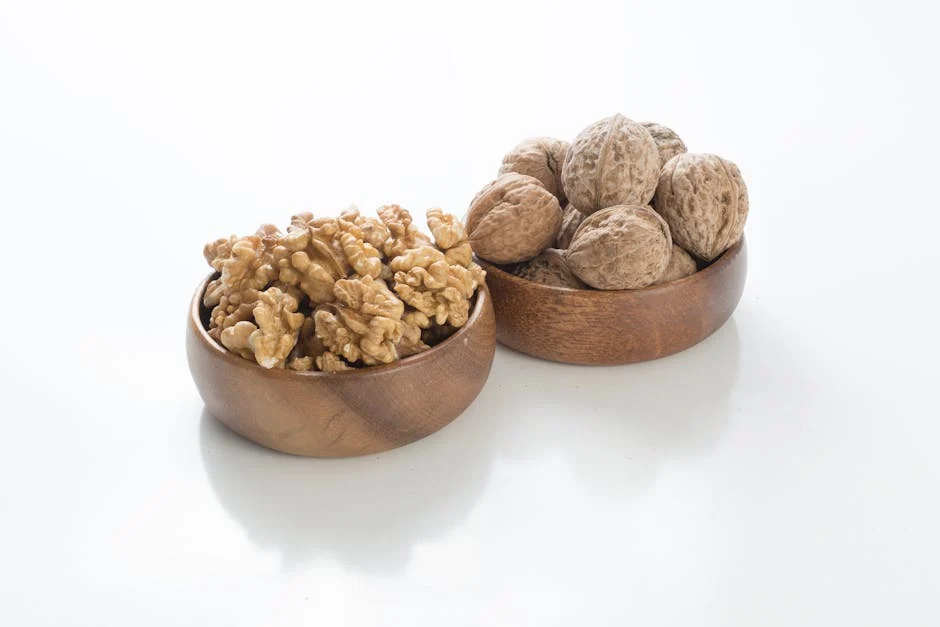Introduction
The Paleo diet, often referred to as the “caveman diet,” has gained popularity as a lifestyle approach to eating. Rooted in the presumed eating habits of our Paleolithic ancestors, the diet emphasizes whole, unprocessed foods while excluding grains, legumes, and dairy. But can adhering to a Paleo diet genuinely improve heart health? This article explores the potential benefits and risks of the Paleo diet in relation to cardiovascular well-being, delving into the research and offering a balanced perspective.
The Paleo Diet and Heart Health
Understanding the Paleo Diet
At its core, the Paleo diet focuses on foods that proponents believe were available to early humans before the advent of agriculture. This typically includes:
- Lean meats (grass-fed whenever possible)
- Fish
- Fruits
- Vegetables
- Nuts
- Seeds
Conversely, it generally excludes:
- Grains (wheat, rice, corn, etc.)
- Legumes (beans, lentils, peanuts)
- Dairy products
- Processed foods
- Refined sugars
- Salt
Potential Benefits for Heart Health
Several aspects of the Paleo diet could contribute to improved heart health:
- Reduced Processed Food Intake: Eliminating processed foods, which are often high in sodium, unhealthy fats, and added sugars, is a significant advantage.
- Increased Consumption of Healthy Fats: The diet encourages intake of healthy fats from sources like avocados, nuts, seeds, and fatty fish (rich in omega-3 fatty acids), which are known to support cardiovascular health.
- Emphasis on Fruits and Vegetables: A high intake of fruits and vegetables provides essential vitamins, minerals, and antioxidants that protect against heart disease.
- Lean Protein Sources: Prioritizing lean meats and fish over processed meats can contribute to a healthier lipid profile.
Potential Risks and Considerations
Despite potential benefits, the Paleo diet also presents some potential concerns:
- Nutrient Deficiencies: Excluding entire food groups like grains and legumes can potentially lead to deficiencies in fiber, certain vitamins (like B vitamins), and minerals.
- High Saturated Fat Intake: Depending on the choice of meats, the diet could be high in saturated fat, which can raise LDL cholesterol (“bad” cholesterol) levels. It’s crucial to choose lean protein sources.
- Kidney Problems: The higher protein intake may pose a risk to individuals with pre-existing kidney conditions.
- Sustainability: Some find the diet restrictive and difficult to maintain long-term.
- Cost: Sourcing grass-fed meats and certain other Paleo-approved foods can be expensive.
Scientific Evidence: What Does the Research Say?
Research on the Paleo diet and its effects on heart health is still evolving. Some studies have shown improvements in:
- Weight Loss: The diet can be effective for weight management, which is beneficial for heart health.
- Blood Pressure: Some studies have shown a reduction in blood pressure levels.
- Cholesterol Levels: Certain studies have reported improvements in cholesterol profiles, with lower LDL cholesterol and higher HDL cholesterol (“good” cholesterol). However, these results can vary significantly depending on individual food choices within the Paleo framework.
- Blood Sugar Control: The diet can improve insulin sensitivity and blood sugar control, particularly beneficial for individuals with type 2 diabetes or insulin resistance.
However, it’s important to note that many studies are small and short-term. More long-term, large-scale research is needed to fully understand the long-term effects of the Paleo diet on cardiovascular health.
Conclusion
The Paleo diet has the potential to improve heart health by emphasizing whole, unprocessed foods and limiting unhealthy fats, added sugars, and sodium. However, it’s crucial to approach the diet thoughtfully, focusing on lean protein sources, a variety of fruits and vegetables, and ensuring adequate nutrient intake. Potential risks, such as nutrient deficiencies and high saturated fat intake, should be carefully considered. Individuals considering the Paleo diet, especially those with pre-existing health conditions, should consult with a healthcare professional or registered dietitian to determine if it’s a suitable and safe dietary approach for their individual needs and to ensure a balanced and sustainable eating plan.
